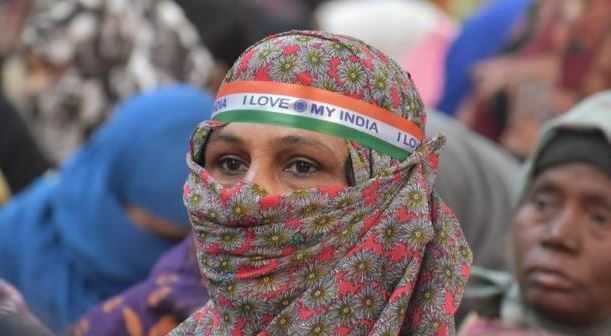Cybersecurity specialists report that Bulli Bai, the mobile app developed in India that allegedly would have put some Muslim women “on sale” has finally been shut down. Authorities in at least two Indian states have detected cases related to this application, whose developers and users continue to be sought by the police.
Bulli Bai is an open source application hosted on GitHub, already removed at the time of writing. Apparently, this was the second attempt detected in recent months to harass Muslim women in India, “auctioning” them online.

In mid-2021, an app called Sulli Deals created profiles of more than 80 Muslim women, using photos found online, creating posts titled “deals of the day.” None of these apps were actually dedicated to selling women, as the sole purpose of cybercriminals was to degrade Muslim women.
It is worth mentioning that “sulli” and “bulli” are derogatory Hindi slang terms used by right-wingers to denigrate Muslim women.
This recent operation began when journalist Ismat Ara found her name and photographs in Bulli Bai, allowing her to file a complaint with the local police, which included charges such as sexual harassment and discrimination on religious grounds. Mumbai police filed a case against several Twitter users and the app’s developers. The harassment reportedly reached several journalists, activists, and a Bollywood actress and even affected the mother of a university student who disappeared in 2016.
Ashwini Vaishnaw, minister of information and technology, said GitHub blocked the user who posted the app on this platform. On the other hand, legislator Priyanka Chaturvedi mentioned that in addition to blocking the platform, the authorities must strive to punish those responsible.
Researchers mention that cyberbullying against Muslim women in India continues to worsen, with online user groups seeming exclusively dedicated to spreading ideas of Islamophobia without the authorities showing themselves empowered to combat this practice.
To learn more about information security risks, malware variants, vulnerabilities and information technologies, feel free to access the International Institute of Cyber Security (IICS) websites.
He is a cyber security and malware researcher. He studied Computer Science and started working as a cyber security analyst in 2006. He is actively working as an cyber security investigator. He also worked for different security companies. His everyday job includes researching about new cyber security incidents. Also he has deep level of knowledge in enterprise security implementation.
